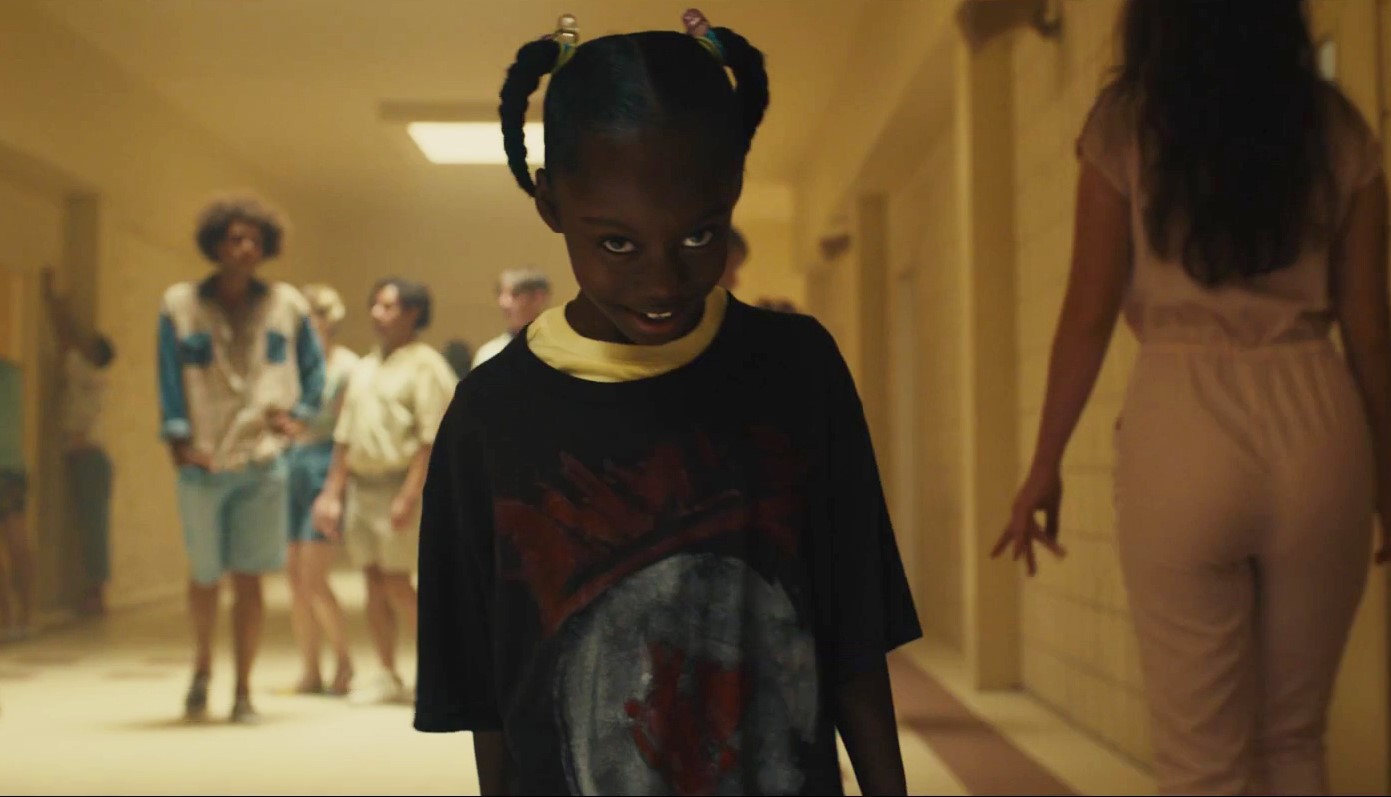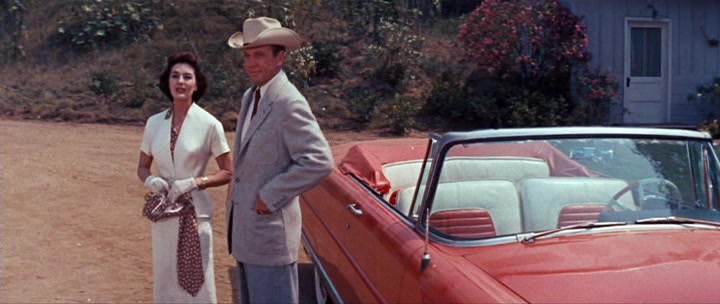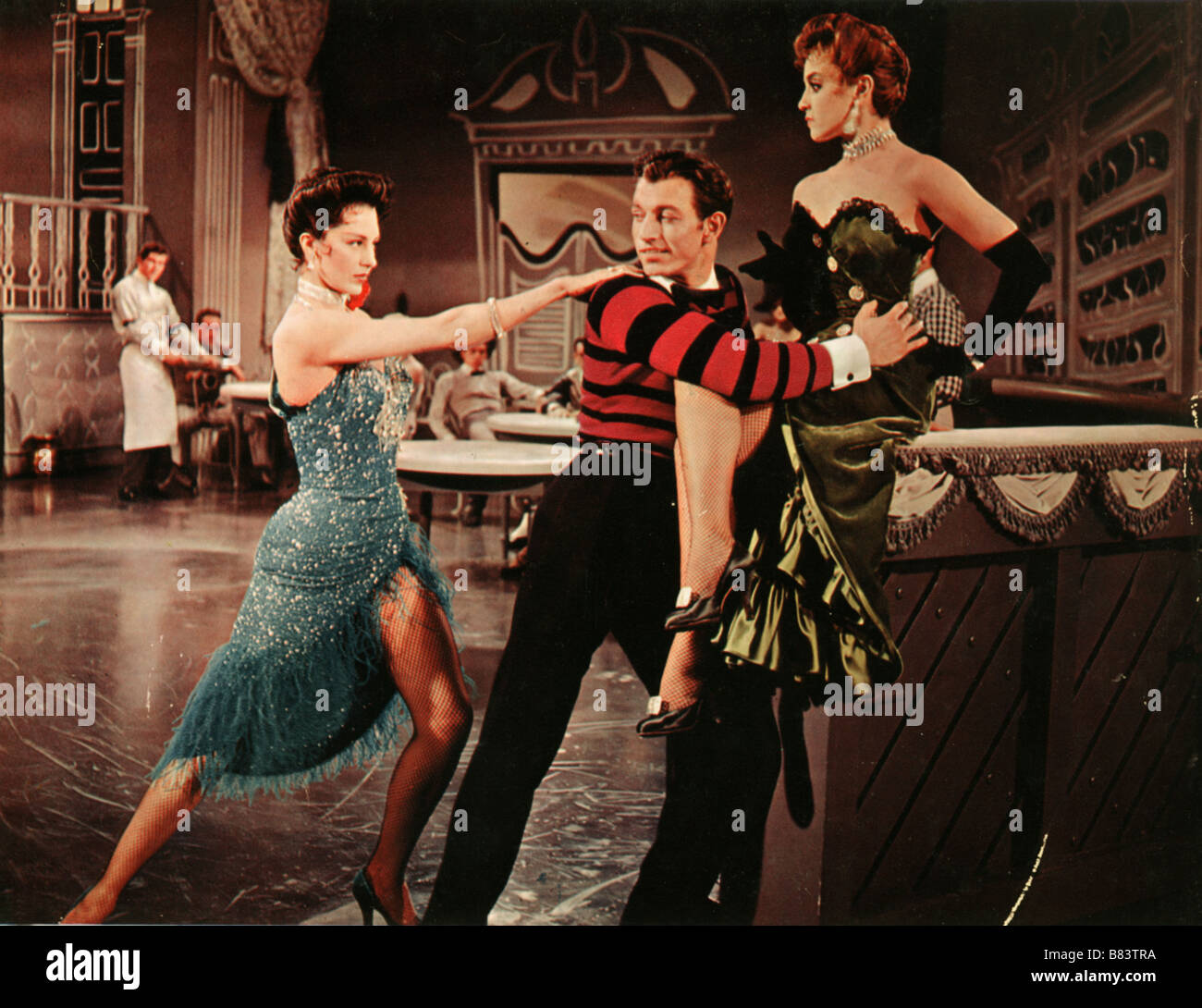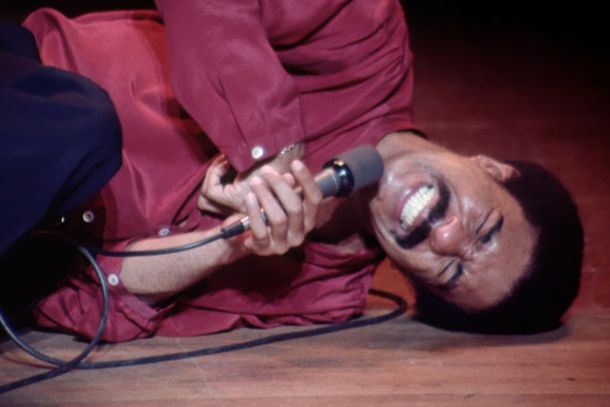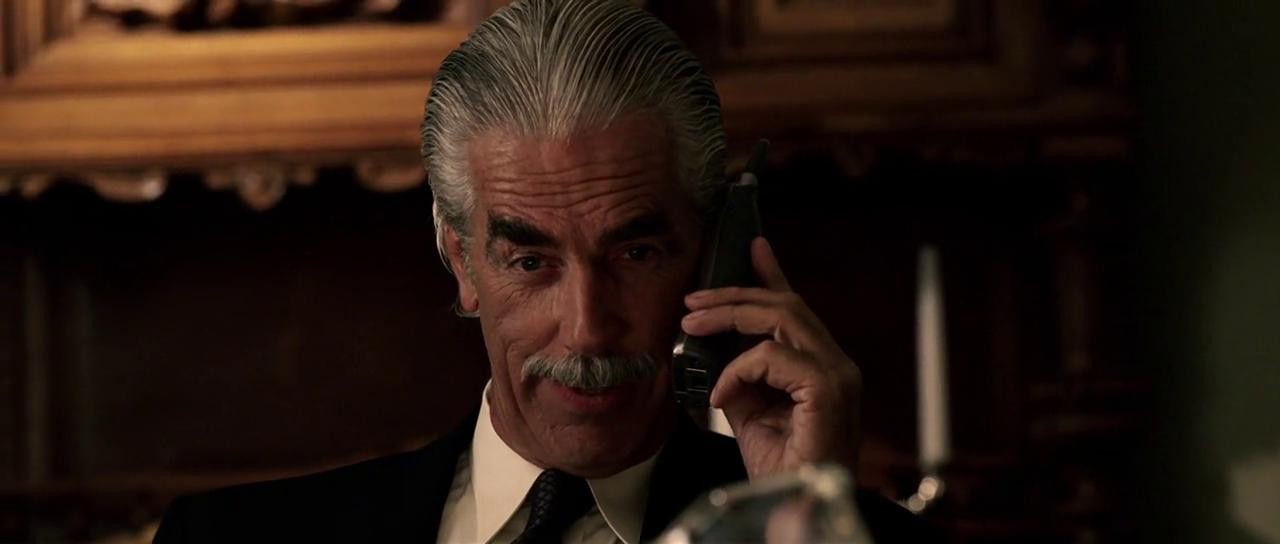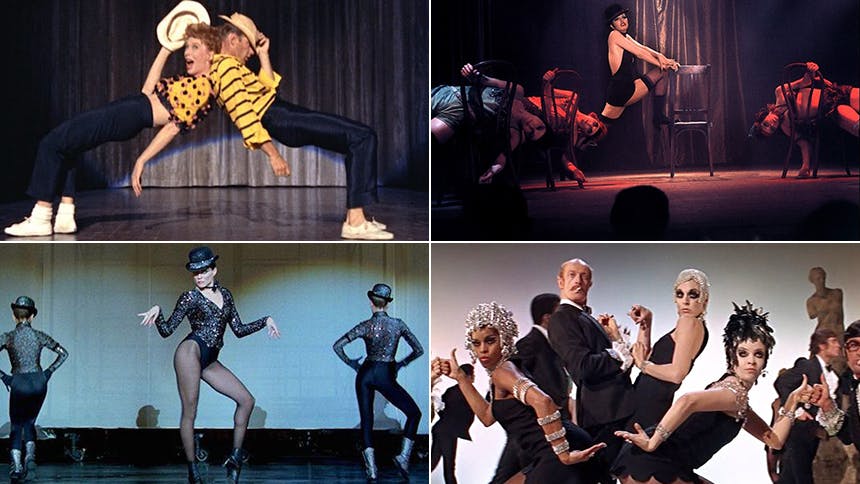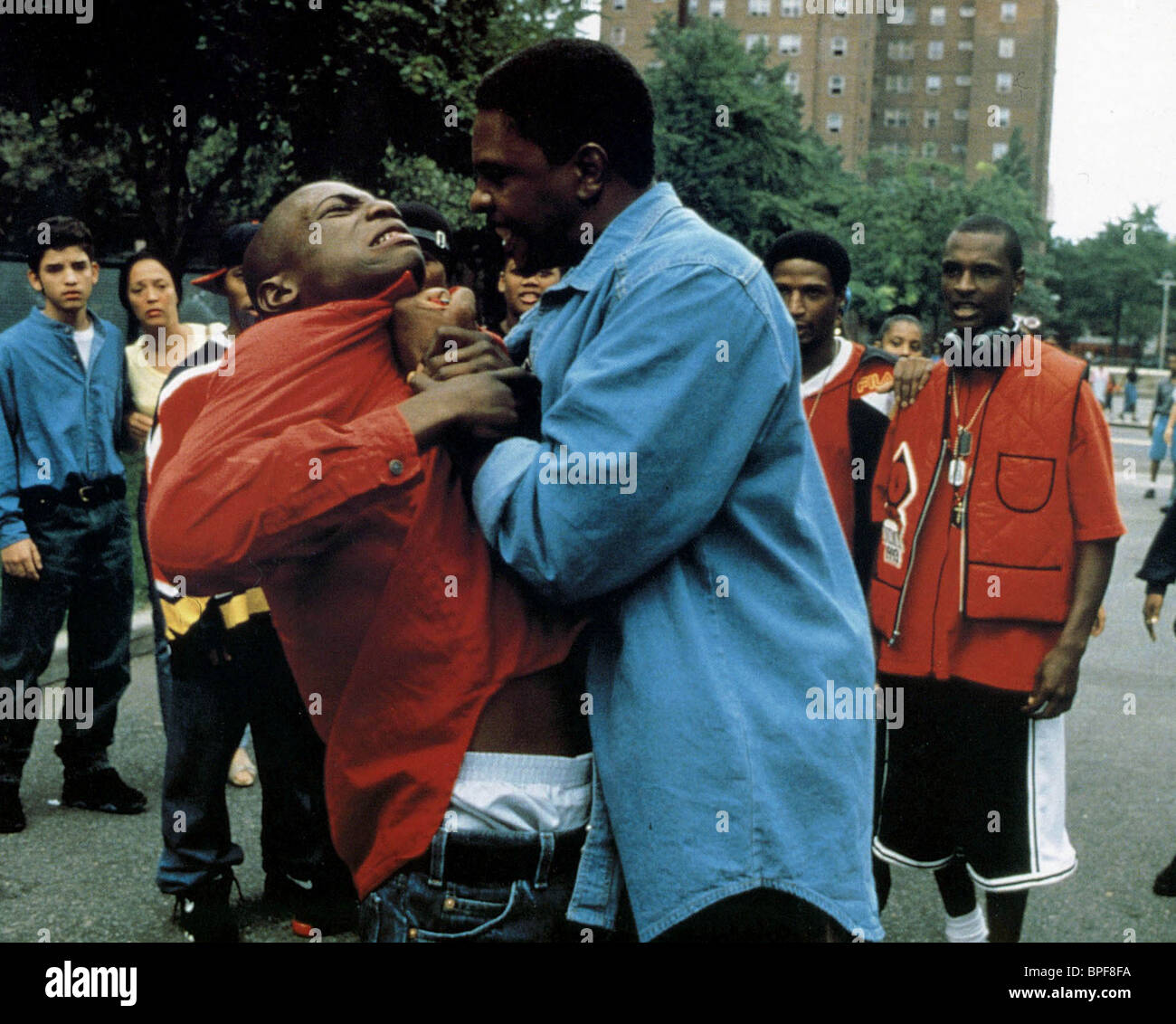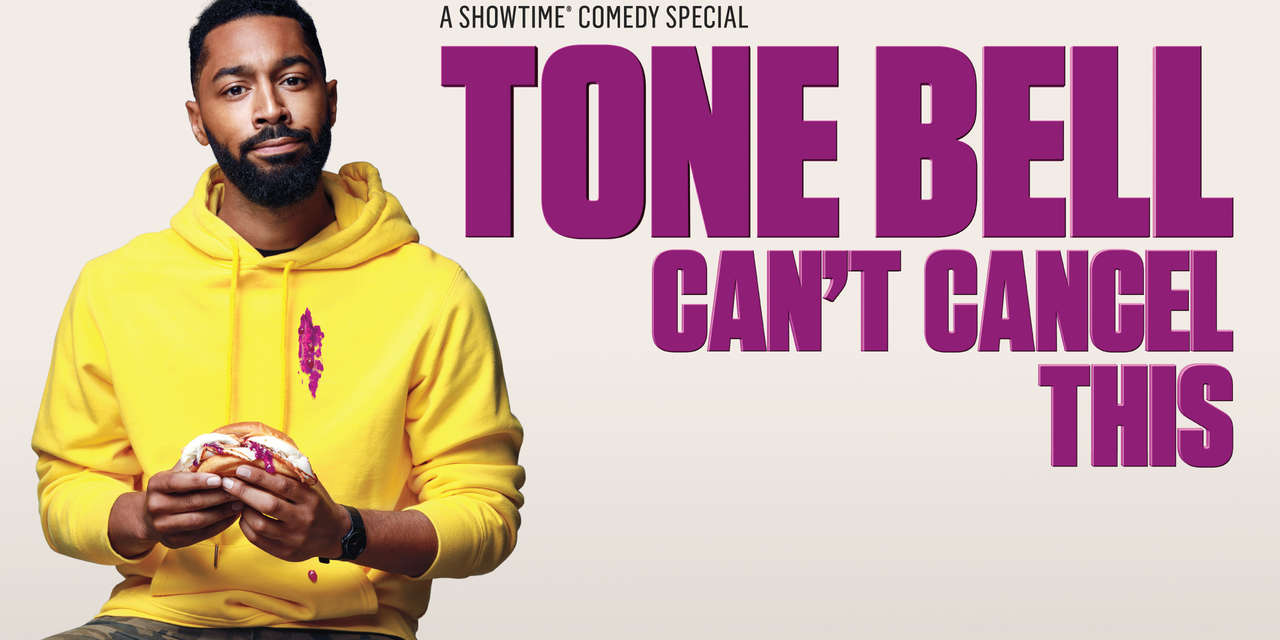The Leisure Seeker
2017's The Leisure Seeker is a lovely cinematic postcard that becomes something out of the ordinary thanks to the beautiful performances by the stars that give standard material more substance than it deserves.

Donald Sutherland and Oscar winner Helen Mirren command the screen as John and Ella Spencer, an elderly couple who have snuck out of their house and packed up a giant Winnebago called The Leisure Seeker for a road trip to the Florida Keys so that John can fulfill a life long dream to see the home of Ernest Hemingway. Unfortunately, John is suffering from severe memory loss and Ella has health issues of her own and their son, Will thinks his parents are no longer able to take care of themselves. Will was apparently planning to place his parents in a home and they were aware of his plan because they got away just before Will arrives at their house.

The viewer is put through an emotional journey as it is clear that John's condition is serious enough that there are moments where he doesn't even remember who Ella is and we begin to wonder if Will's concerns about his parents are legitimate. But then we watch Ella, his devoted wife who still appears to have it together and is doing her best to keep John together. There's a sweet scene where John and Ella are watching family slides and Ella is discreetly quizzing John on who the people in the slides are and giving him the appropriate clues to help him remember. It's also clear that Ella is in some denial about what is happening to John...even though the viewer sees it immediately, we don't hear Ella actually verbalize John's condition until halfway through the film.

The story is comprised of individual vignettes in this very special road trip that run the gamut. The expected encounter with the police occurs, as well as an encounter with a pair of thugs who attempt to rob the Spencers and there was one that I really didn't see coming at all where John, in a state of confusion, admits to having an affair with their neighbor back home (Dana Ivey). This revelation causes Ella to act out in a way that we don't see coming, but we see through everything that happens in this movie is that these two people would be lost without each other and would rather live out their days alone as opposed to the confines of a nursing home.
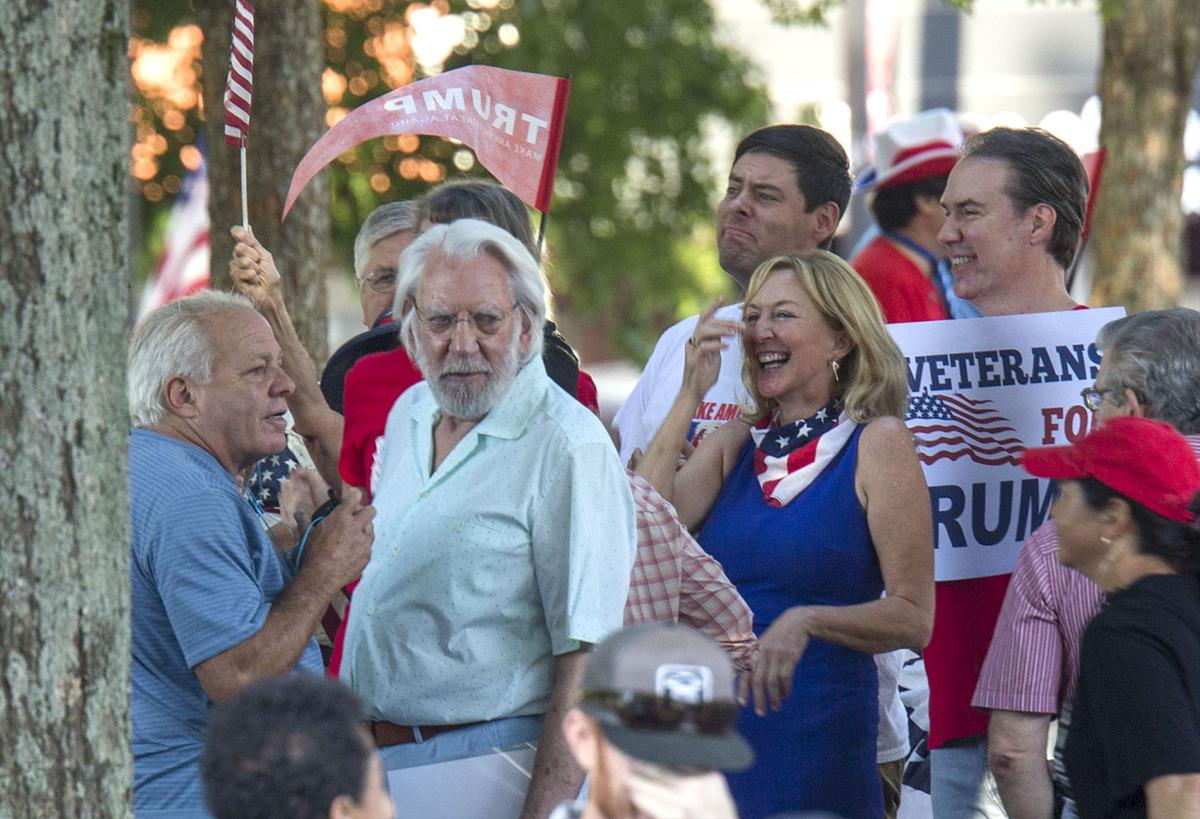
Paolo Virzýs' direction is a little too deliberate, making the film feel a little longer than it should be, but the consummate professionalism of the amazing Donald Sutherland and the breathtaking Helen Mirren, who effectively adjusts her British accent to a southern drawl, makes this occasionally labored journey worth the ride. It goes without saying that fans of the 1981 film On Golden Pond will have a head start here.
2017's The Leisure Seeker is a lovely cinematic postcard that becomes something out of the ordinary thanks to the beautiful performances by the stars that give standard material more substance than it deserves.

Donald Sutherland and Oscar winner Helen Mirren command the screen as John and Ella Spencer, an elderly couple who have snuck out of their house and packed up a giant Winnebago called The Leisure Seeker for a road trip to the Florida Keys so that John can fulfill a life long dream to see the home of Ernest Hemingway. Unfortunately, John is suffering from severe memory loss and Ella has health issues of her own and their son, Will thinks his parents are no longer able to take care of themselves. Will was apparently planning to place his parents in a home and they were aware of his plan because they got away just before Will arrives at their house.

The viewer is put through an emotional journey as it is clear that John's condition is serious enough that there are moments where he doesn't even remember who Ella is and we begin to wonder if Will's concerns about his parents are legitimate. But then we watch Ella, his devoted wife who still appears to have it together and is doing her best to keep John together. There's a sweet scene where John and Ella are watching family slides and Ella is discreetly quizzing John on who the people in the slides are and giving him the appropriate clues to help him remember. It's also clear that Ella is in some denial about what is happening to John...even though the viewer sees it immediately, we don't hear Ella actually verbalize John's condition until halfway through the film.

The story is comprised of individual vignettes in this very special road trip that run the gamut. The expected encounter with the police occurs, as well as an encounter with a pair of thugs who attempt to rob the Spencers and there was one that I really didn't see coming at all where John, in a state of confusion, admits to having an affair with their neighbor back home (Dana Ivey). This revelation causes Ella to act out in a way that we don't see coming, but we see through everything that happens in this movie is that these two people would be lost without each other and would rather live out their days alone as opposed to the confines of a nursing home.

Paolo Virzýs' direction is a little too deliberate, making the film feel a little longer than it should be, but the consummate professionalism of the amazing Donald Sutherland and the breathtaking Helen Mirren, who effectively adjusts her British accent to a southern drawl, makes this occasionally labored journey worth the ride. It goes without saying that fans of the 1981 film On Golden Pond will have a head start here.
Last edited by Gideon58; 10-07-24 at 03:19 PM.

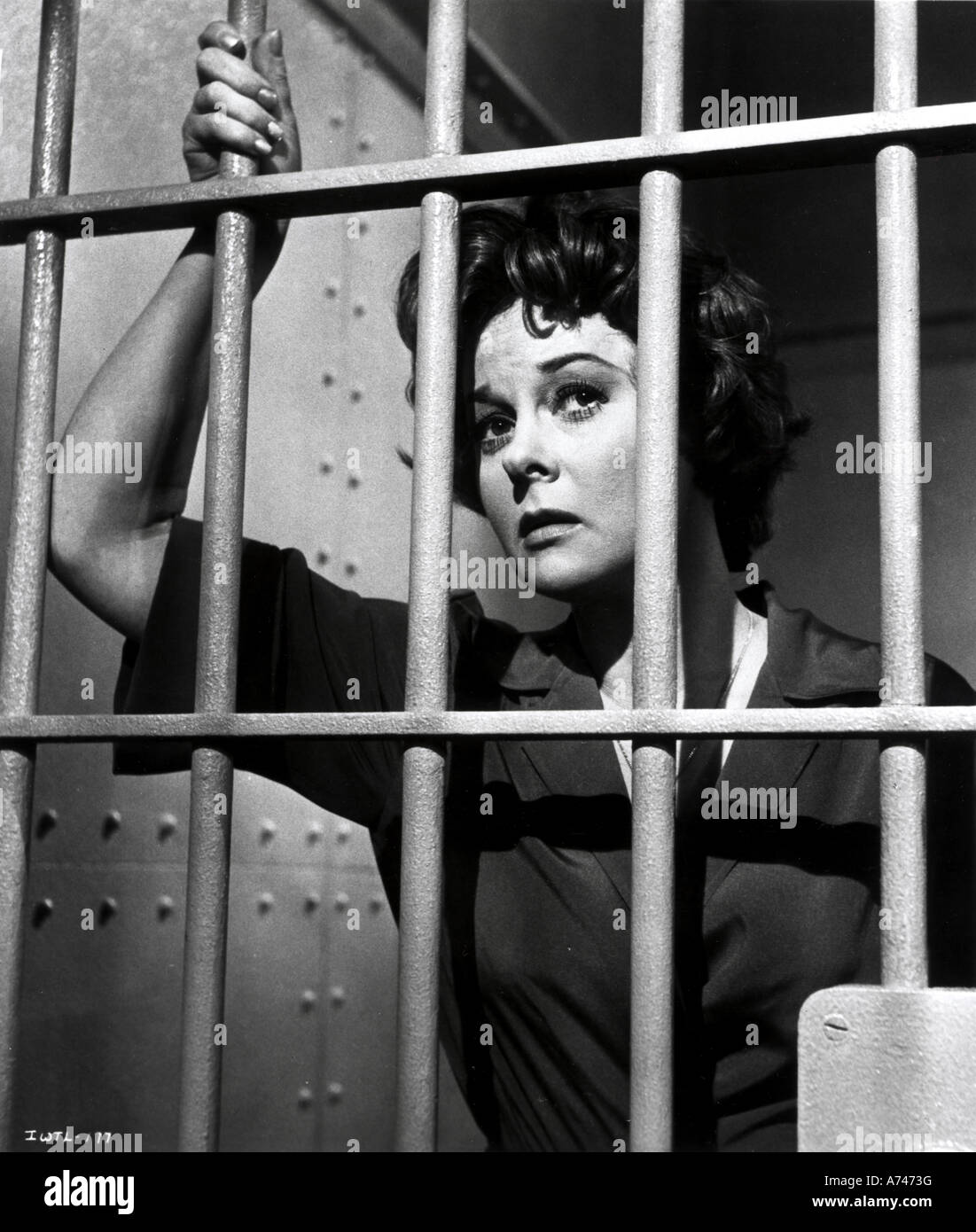

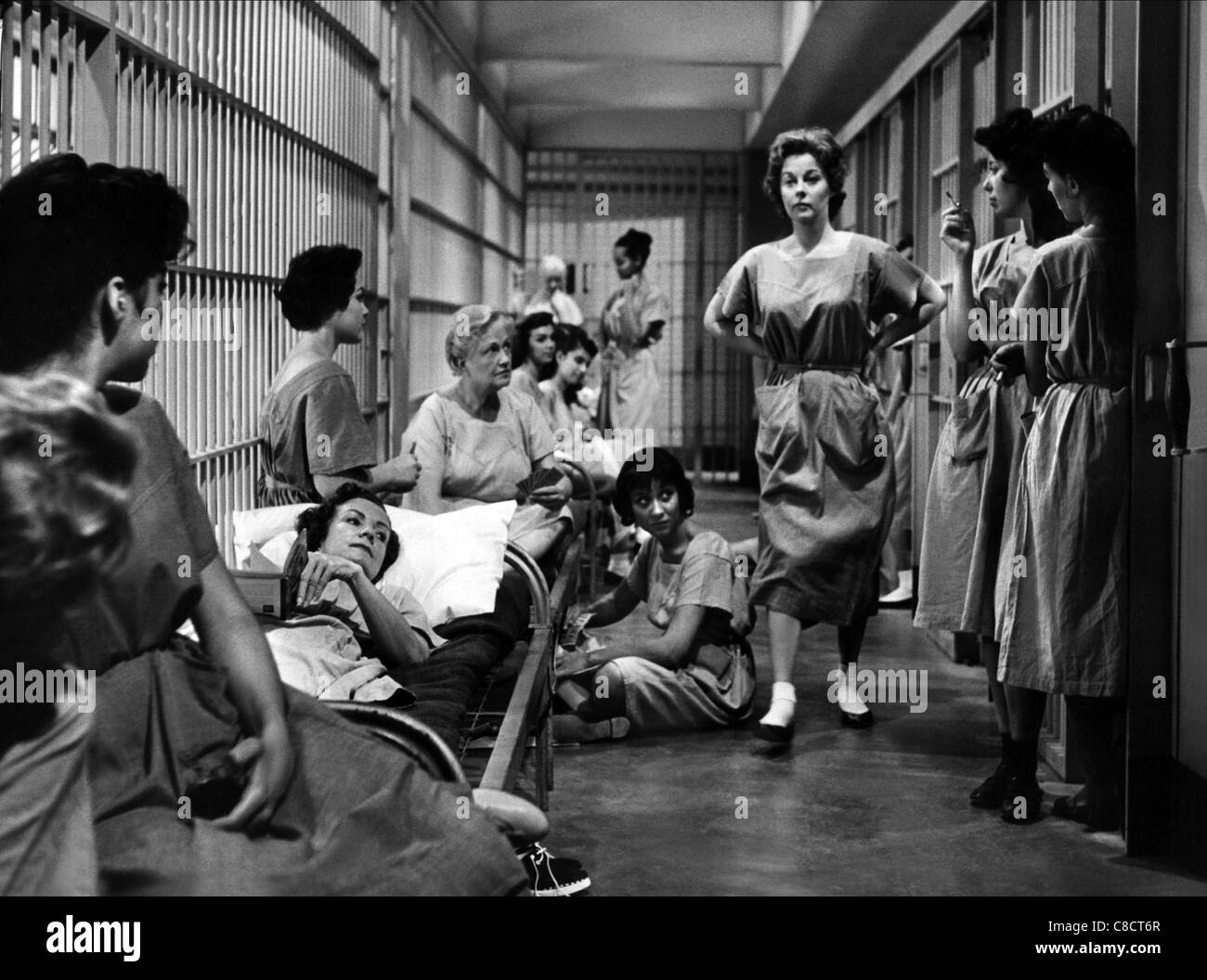



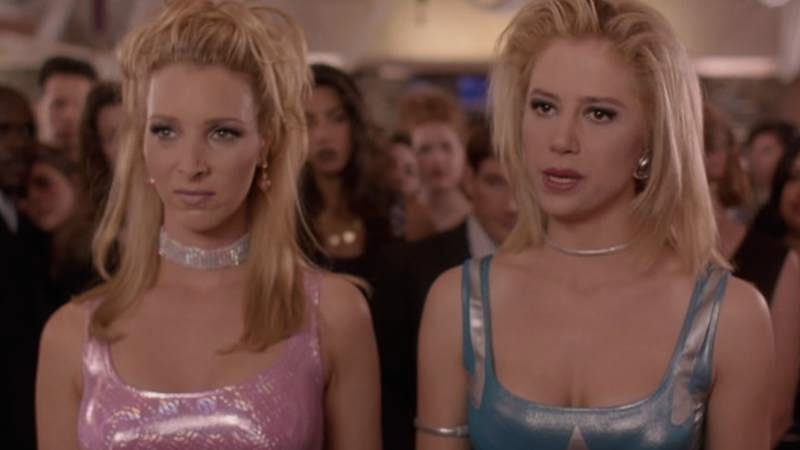

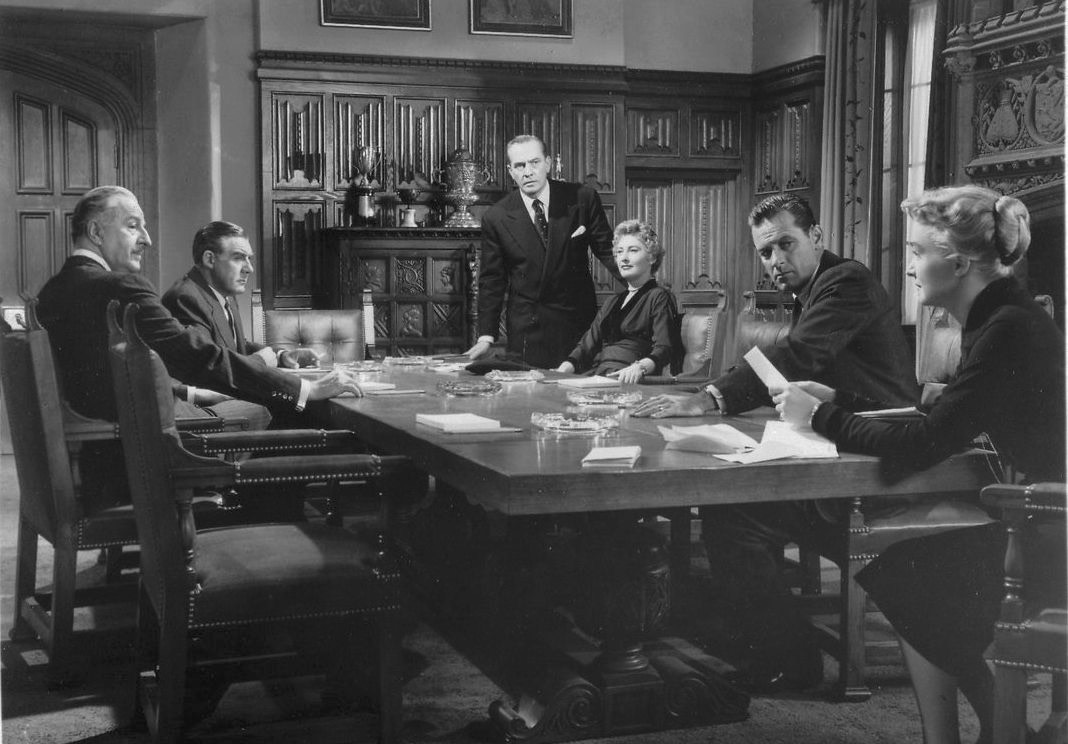

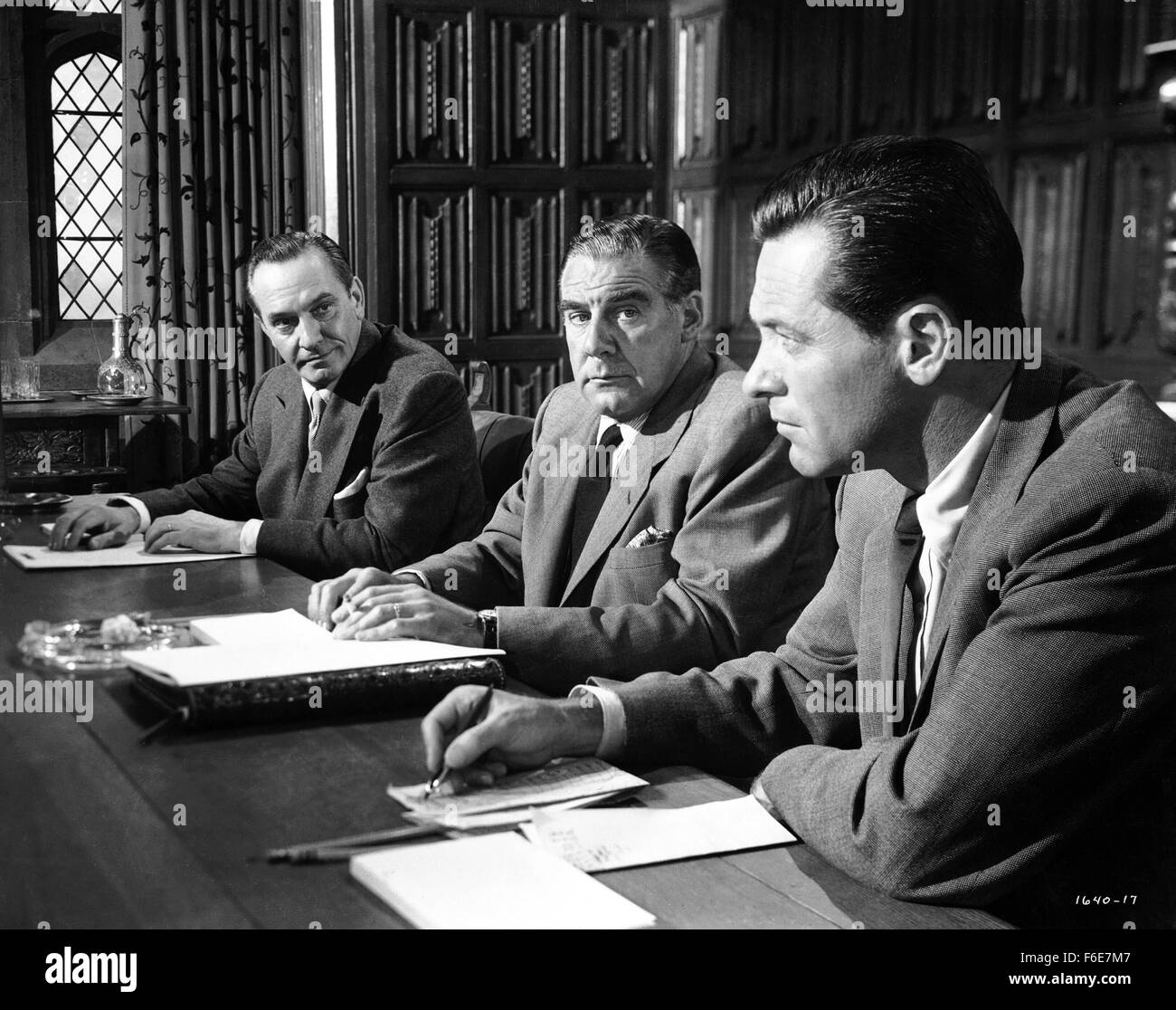






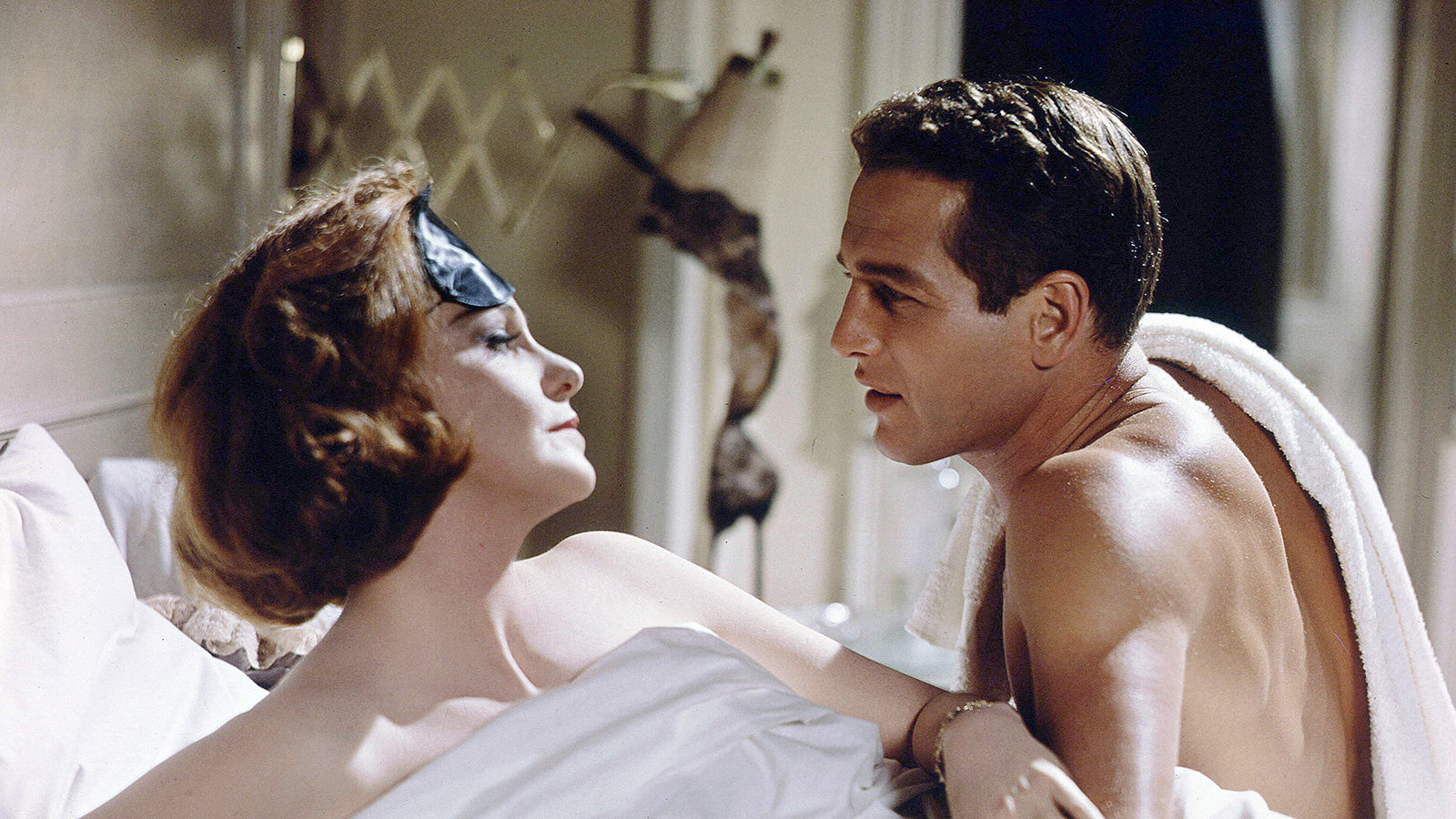
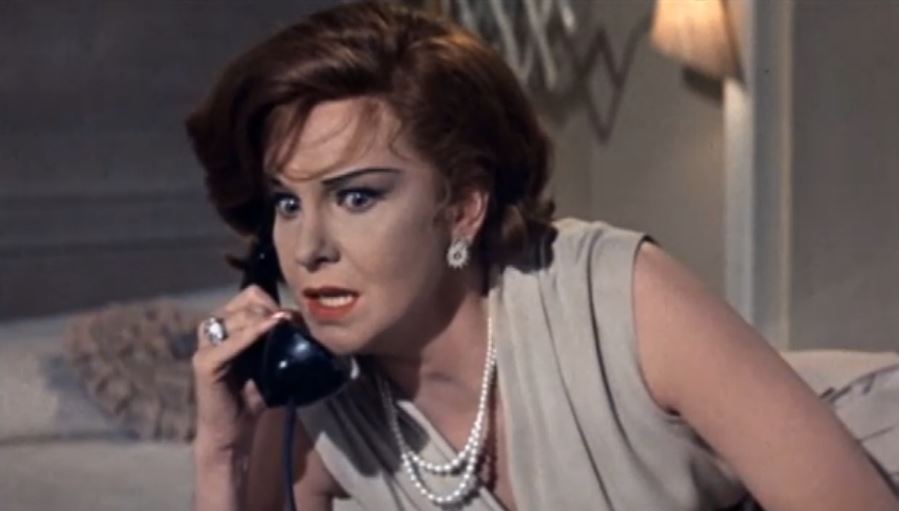
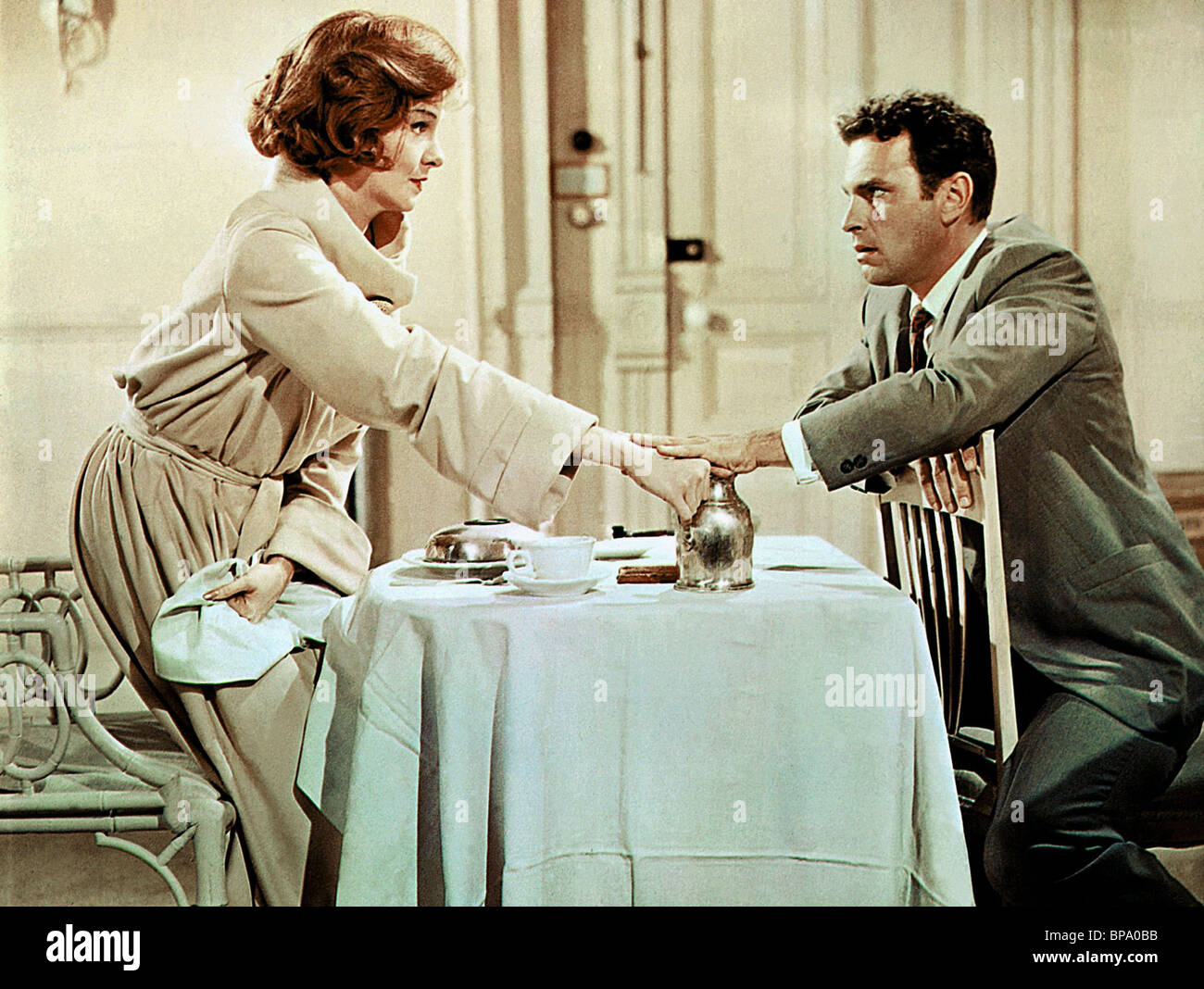
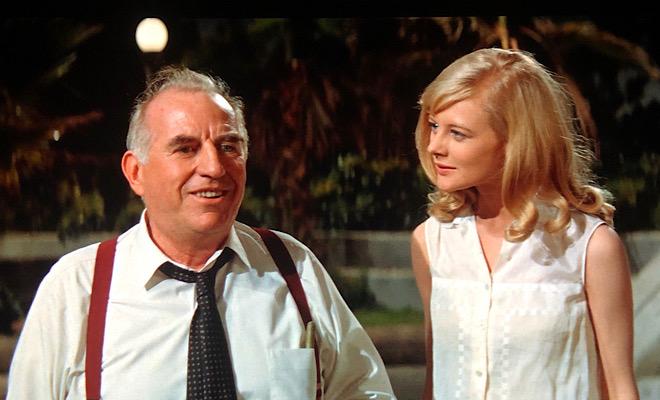
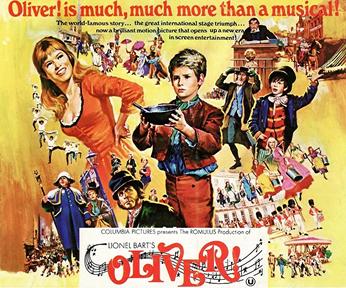
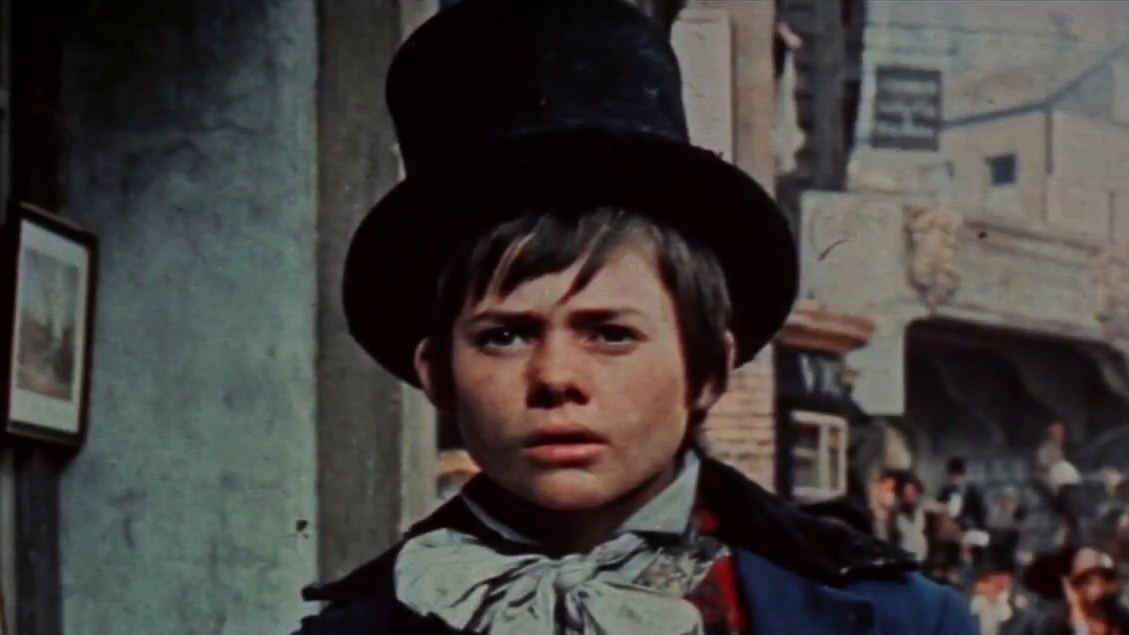

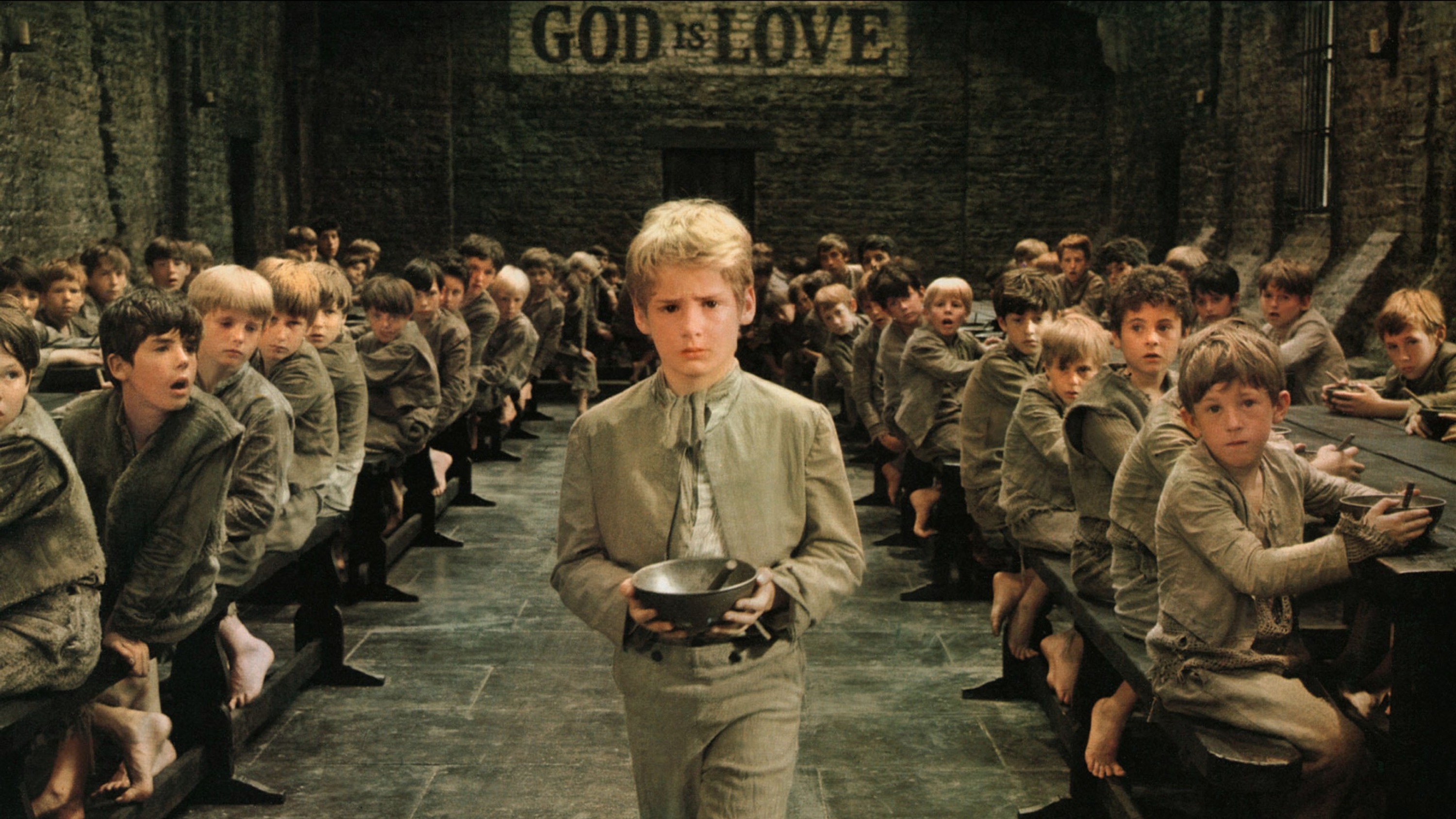

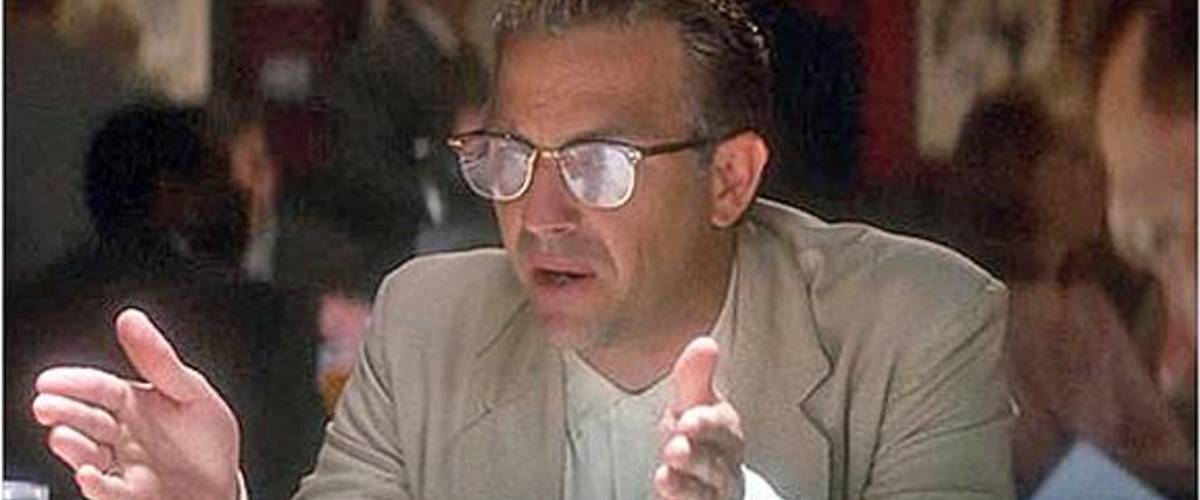


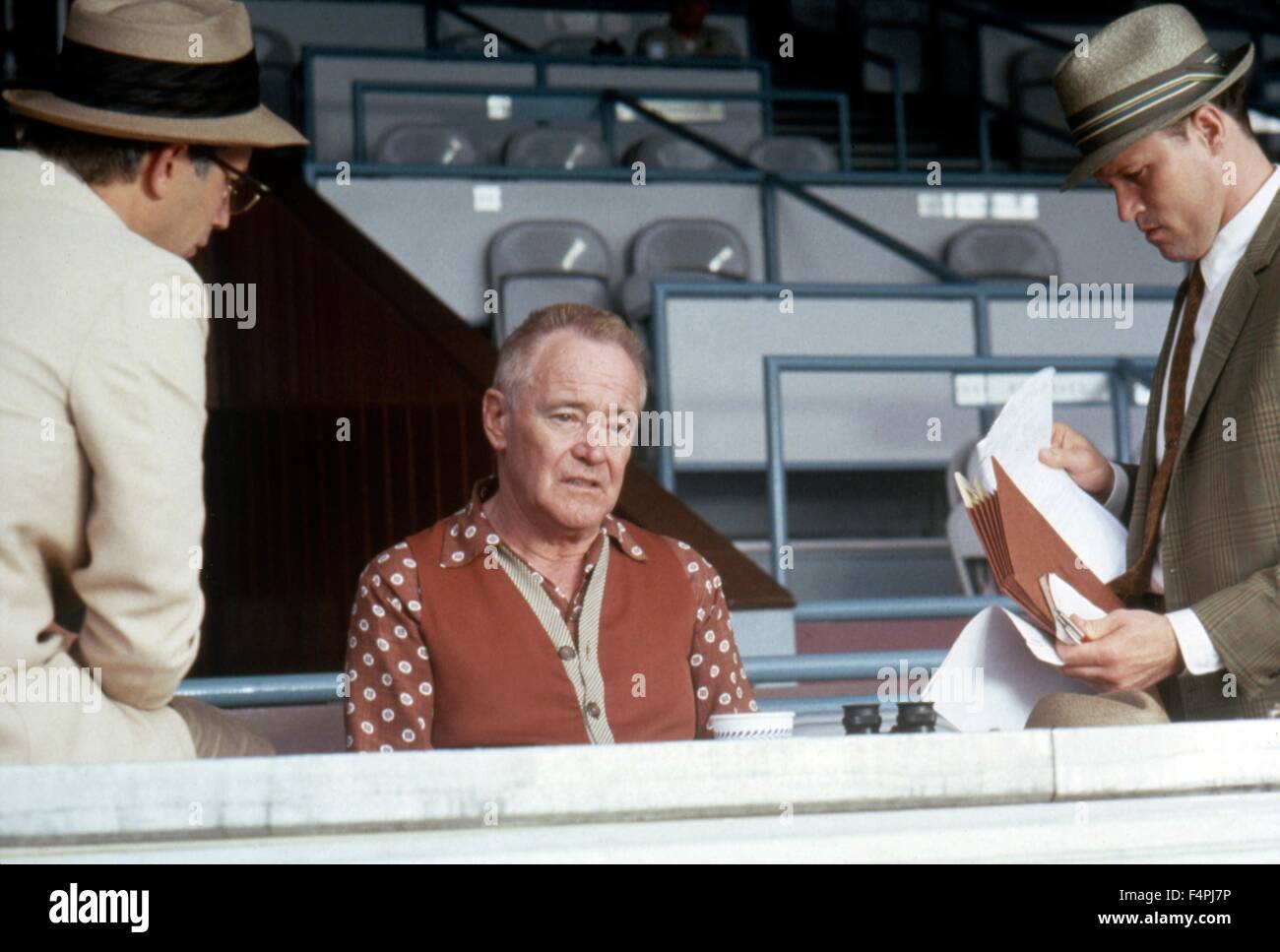
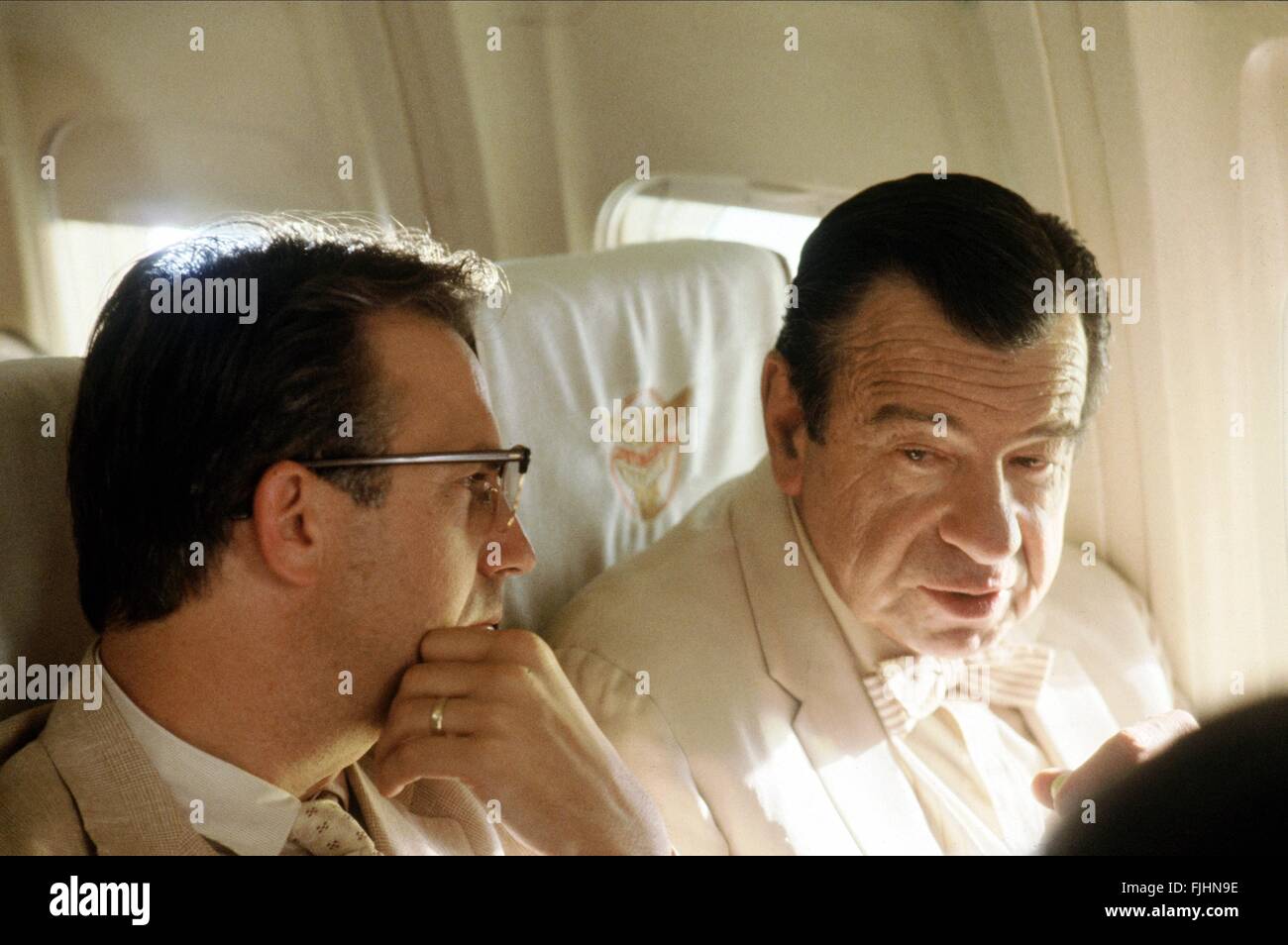


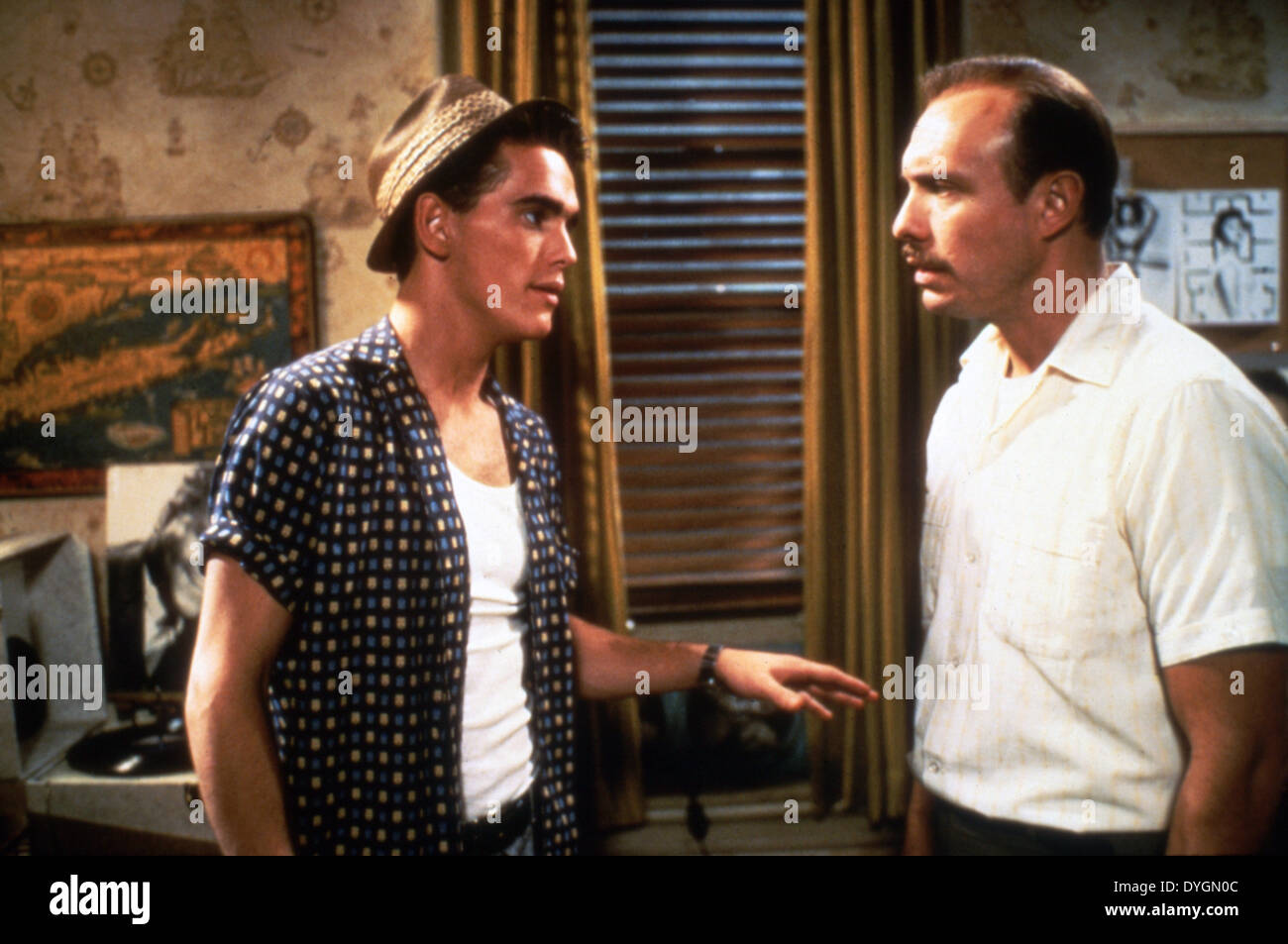
.jpg)

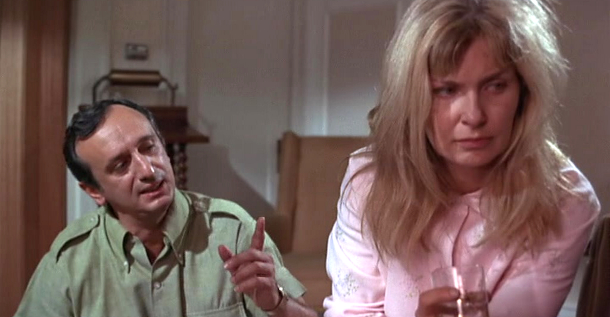
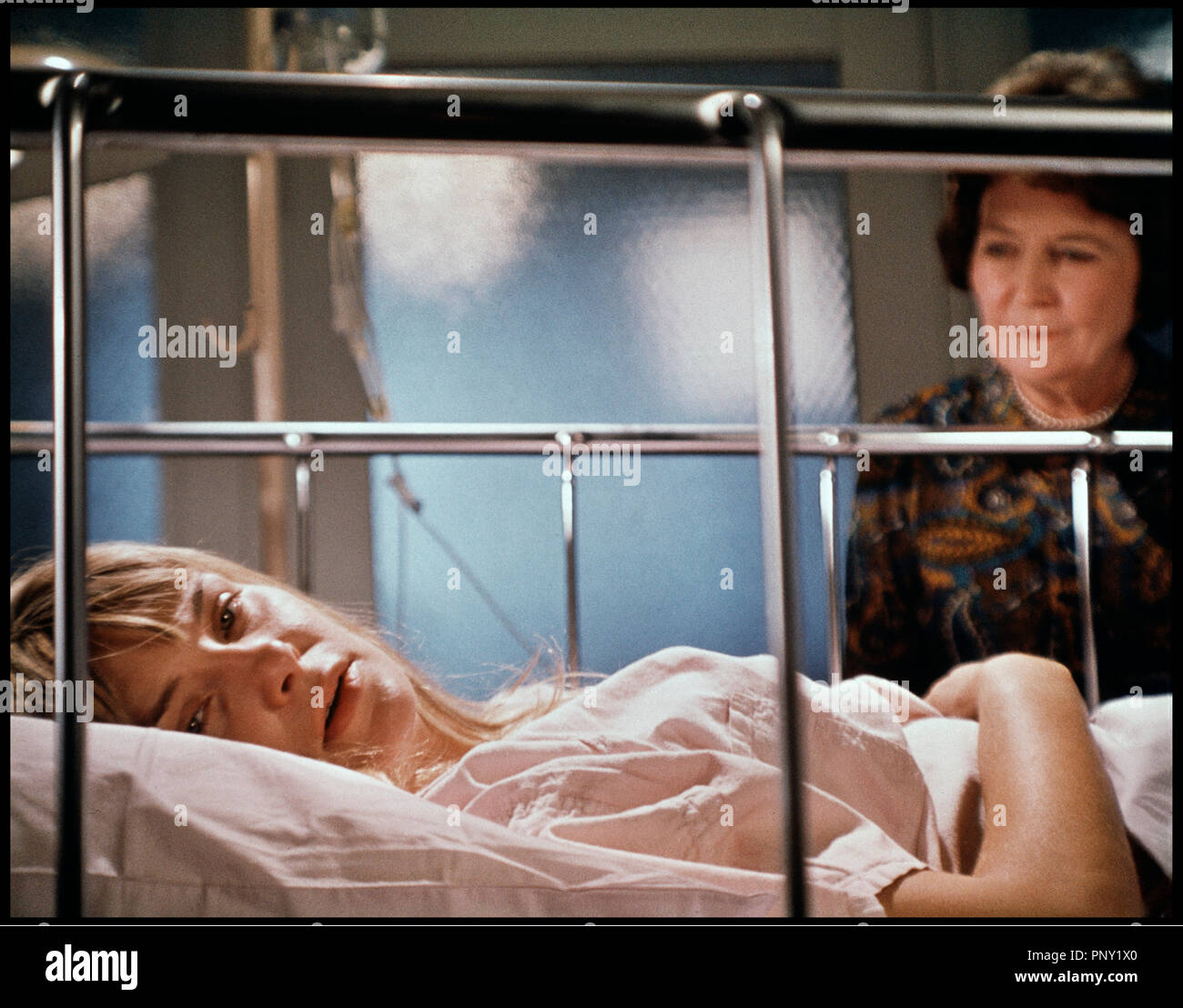

/cdn.vox-cdn.com/uploads/chorus_image/image/63209648/US_1.0.jpg)
